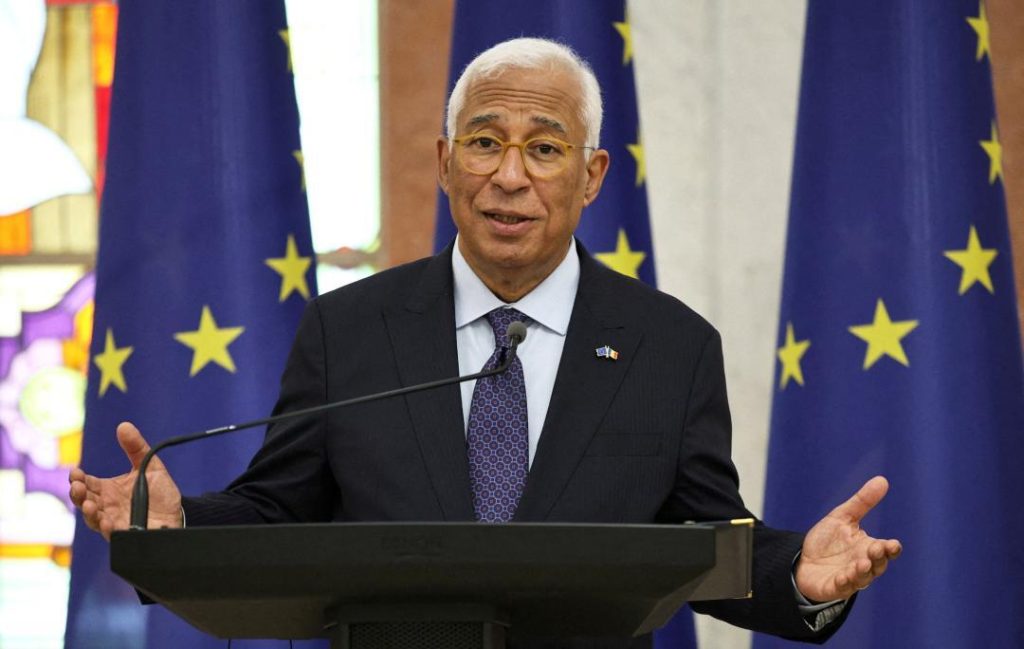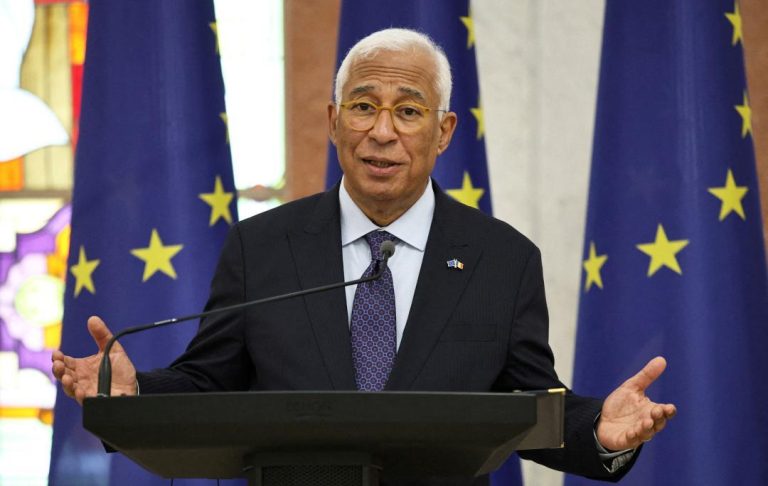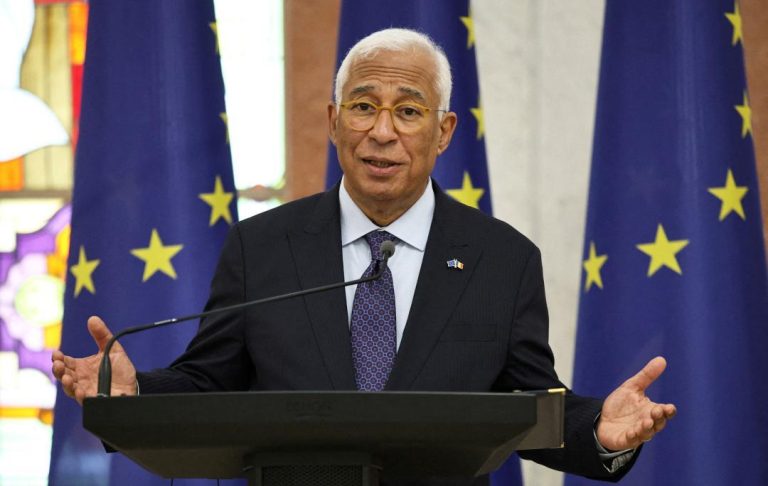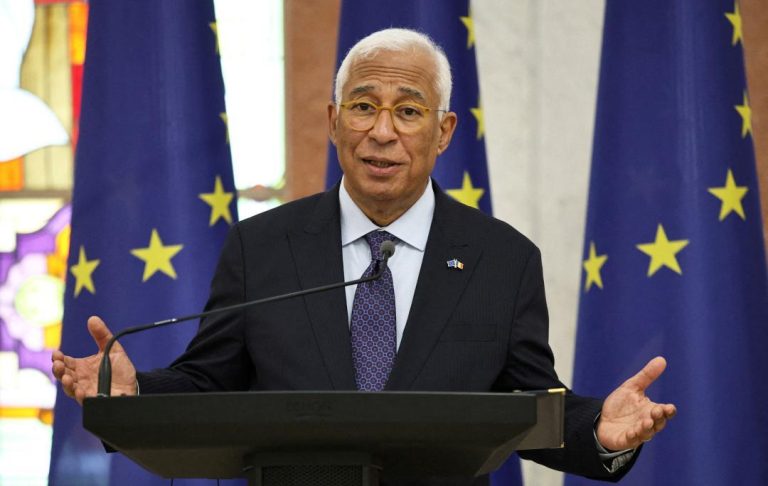
No Indications Spain, Portugal Blackout a Cyberattack: EU’s Costa
On Wednesday, a massive power outage struck Spain and Portugal, leaving millions without electricity. The sudden blackout has sparked concerns about the possibility of a cyberattack, but EU Council President Antonio Costa has assured that there are “no indications of any cyberattack at this point.”
According to Costa, grid operators in both Spain and Portugal are working diligently to find the cause of the outage and restore the electricity supply. In a statement, he revealed that he is in close contact with Spanish President Pedro Sánchez and Portuguese Prime Minister Luís Montenegro, keeping them apprised of the situation.
While the investigation into the cause of the blackout is ongoing, Costa’s statement has brought a sense of relief to those concerned about the potential for a cyberattack. The European Union has been grappling with the threat of cyberattacks in recent years, particularly in the wake of the COVID-19 pandemic.
In the past, cyberattacks have been used as a tool to disrupt critical infrastructure, including power grids. The 2015 cyberattack on Ukraine’s power grid, which left hundreds of thousands without electricity, is a prime example of the devastating impact that a well-coordinated cyberattack can have.
However, Costa’s statement suggests that this may not be the case in Spain and Portugal. While the exact cause of the blackout is still unknown, authorities are working to determine whether it was the result of a technical issue, human error, or some other factor.
The power outage occurred in the early hours of Wednesday morning, affecting millions of people across both countries. The blackout was so widespread that it even affected major transportation systems, including airports and train networks.
In the aftermath of the outage, both Spanish and Portuguese authorities have been working to restore power to affected areas. Emergency services have been deployed to assist with the response, and hospitals and other critical infrastructure have been prioritized to ensure that essential services are maintained.
As the investigation into the blackout continues, the European Union is working closely with both countries to determine the cause of the outage and prevent similar incidents in the future. The EU has a robust cybersecurity framework in place, which includes regular threat assessments, incident response planning, and collaboration with member states to share best practices and coordinate responses to cyber threats.
In addition to the EU’s cybersecurity efforts, individual member states are also taking steps to improve their cybersecurity posture. Spain and Portugal, in particular, have been working to strengthen their cybersecurity defenses in recent years.
Spain, for example, has established a national cybersecurity center to coordinate the country’s cybersecurity efforts. The center is responsible for monitoring the country’s cybersecurity landscape, identifying potential threats, and responding to incidents.
Portugal has also taken steps to bolster its cybersecurity defenses, including the establishment of a national cybersecurity authority. The authority is responsible for developing and implementing the country’s cybersecurity strategy, as well as coordinating the response to cybersecurity incidents.
In light of the recent blackout, it is clear that both Spain and Portugal are committed to ensuring the resilience of their critical infrastructure. The European Union’s support and guidance will be crucial in helping these countries to identify the cause of the blackout and prevent similar incidents in the future.
As the investigation into the blackout continues, it is essential that authorities in Spain and Portugal maintain transparency and communication with the public. The people affected by the blackout deserve to know what happened and what is being done to prevent such incidents in the future.
In conclusion, while the blackout in Spain and Portugal is a significant incident, there is currently no indication that it was the result of a cyberattack. The European Union is working closely with both countries to determine the cause of the outage and prevent similar incidents in the future. As the investigation continues, it is essential that authorities maintain transparency and communication with the public to ensure that the people affected by the blackout are kept informed.
Sources:






